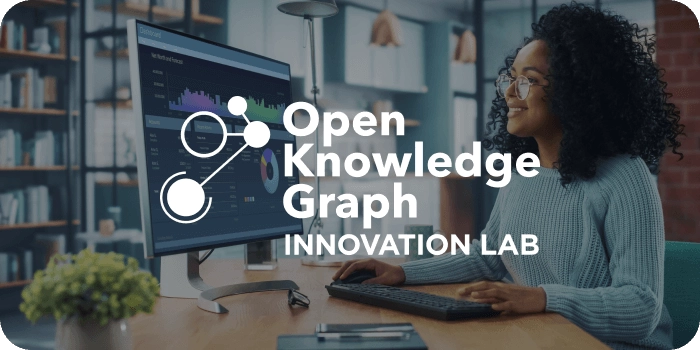Details
Amidst the relentless data surge, organizations need efficient and effective ways to manage their data assets. Traditional master data management (MDM) solutions have served as the standard for data management for years. However, limitations in scalability, agility, and data quality are becoming increasingly apparent with the rise of AI and the increasing complexity of data. A new player has emerged: data products.
Join us as we delve into the key differences between traditional MDM and AI-powered data products. Explore how data products leverage artificial intelligence (AI) and human intelligence to deliver a superior approach to data management.
Key takeaways:
- Understanding the shift: data products vs. traditional MDM
- Leveraging data product capabilities for success
- The organizational impact of data products
- Data product strategy implementation: key considerations for building vs. buying
Join us to stay ahead in the evolving world of data management!
Speakers
Post-event summary
The webinar titled “Data Management in an AI-Driven Era: Why MDM is No Longer Sufficient,” co-hosted by the EDM Council and Tamr, featured a dynamic and insightful discussion among industry experts:
- Dr. Michael Stonebraker, Adjunct Professor, MIT
- Anthony Deighton, Data Products General Manager, Tamr
- Moderator: Eric Bigelsen, Head of Industry Engagement, EDM Council
The webinar primarily focused on the challenges and opportunities in data management within enterprises, emphasizing the crucial role of Artificial Intelligence (AI) and Machine Learning (ML) in enhancing data quality and efficiency. The discussion began with an acknowledgment of the complexities caused by data silos in enterprises. These silos often lead to inconsistent data schemas and quality issues, significantly hampering business decision-making processes. The traditional methods of data integration, heavily reliant on rules-based systems or manual processing, were critiqued for their inability to scale and adapt to complex enterprise data environments.
A significant portion of the webinar was dedicated to the transformative potential of AI and ML in mastering data management challenges. AI, particularly advancements like large language models, was highlighted as a key enabler for automating and improving data quality and integrity. AI models offer scalability and can work continuously, providing a dynamic solution for enterprise data management.
The concept of “data products” was introduced, emphasizing the importance of organizing data around key business entities to simplify data accessibility across various business units. Additionally, cloud infrastructure’s role in supporting AI-driven data management solutions was discussed, highlighting its scalability and flexibility.
Despite these advancements, a pivotal point raised during the discussion was the mixed response from participants about their data management practices. As one speaker noted, “50% said yes, 50% said no” in competing on data and analytics, and similar responses were observed in managing data as a business asset and establishing a data-driven culture.This indicates that while there is significant progress in some areas, there is still much work to be done in fully integrating AI and data analytics into business strategies.
The session concluded with an emphasis on starting small with AI implementations, gradually scaling up, and utilizing data products as a foundational step towards comprehensive data management strategies. The importance of organizational support, such as access to enterprise-wide data and hiring skilled ML professionals, was highlighted as crucial for the successful adoption of AI in data management.




